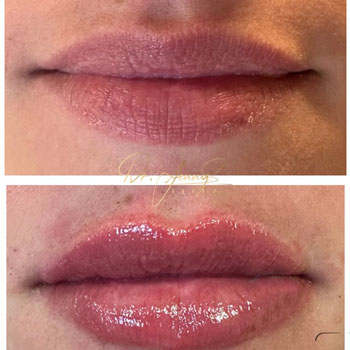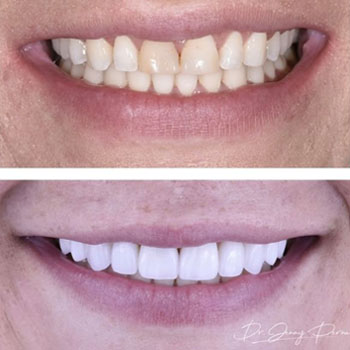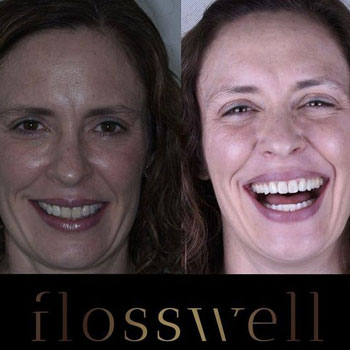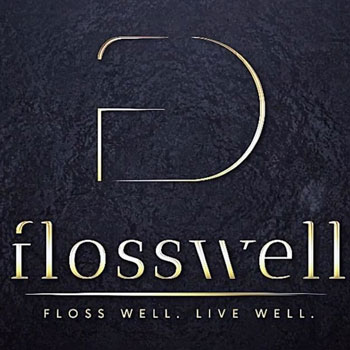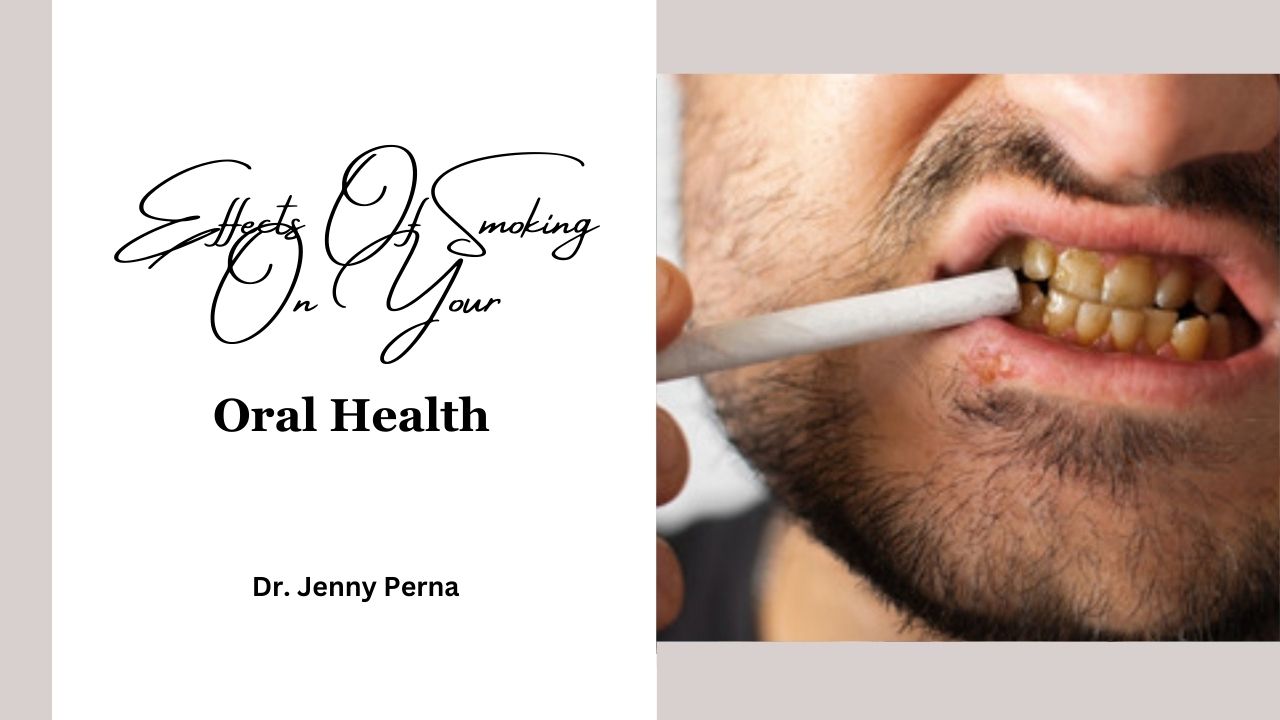
Smoking is one of the worst habits for your health in general and your oral health in particular. Whether you are a casual smoker or a long-time tobacco user, the impact of smoking on your teeth and gums can be devastating. If you have ever looked for a dental office near you to deal with issues like stained teeth or gum disease, smoking could be a major cause behind these issues. Let’s see how smoking affects your oral health and how you can quit for a healthier smile.
The Effects of Smoking on Teeth and Gums
Smoking affects your mouth in so many ways, resulting in severe dental problems that might worsen over time. Some of the common issues include the following:
1. Yellow Stained Teeth
The most common dental effect of smoking is staining. Tobacco contains nicotine and tar that immediately discolor your teeth. The longer it is used, the more penetration the substances penetrate into the enamel, and what remains are hard yellow stain teeth that are quite impossible to clean through regular brushing.
2. Gum Disease
Smoking will weaken your immune system and make it hard for your body to fight infections. This ranges from gum infections such as gingivitis and periodontitis. Smokers are more prone to gum disease, which leads to receding gums, bad breath, and even tooth loss.
3. Increased Risk of Cavities
Smoking lowers the production of saliva, which is necessary to clean out the food particles and bacteria. Bacteria multiply in your mouth without enough saliva, leading to an increased risk of cavities and plaque.
4. Cause of Teeth Sensitivity
If you feel a sharp pain when you eat hot or cold foods, smoking could be the cause of teeth sensitivity. Smoking erodes the enamel on your teeth and irritates your gums, causing the sensitive inner layers of your teeth to become exposed.
5. Prolonged Healing Time From Dental Procedures
Smoking impacts the healing processes of dental treatment procedures like dental extractions or implants. In tobacco, harmful chemicals reduce the flow of blood to the gum, which reduces the healing efficiency of your mouth after dental surgery.
How to Quit Smoking and Improve Your Oral Health
Quitting smoking may be challenging, but it is one of the best things you could do for your oral and health. Here are some steps toward quitting smoking:
1. Find a Strong Reason to Quit
It might be improving your health, saving money, or having that bright smile, but having a strong personal reason should keep you motivated.
2. Seek Support
You do not have to do it by yourself. There are many things you can do, like support groups, a counselor, and friends and family.
3. Use Nicotine Replacement Therapy
Nicotine replacement therapy with the use of nicotine patches, gum, or lozenges can make quitting easier by minimizing withdrawal symptoms.
4. Steer Clear of Triggers
Identify when you crave cigarettes and avoid the situations by substituting those desires with chewing sugar-free gum or drinking water.
5. Oral Hygiene
Regular brushing and flossing, in combination with mouthwash, will minimize the damage of smoking to the teeth. One should go to the dentist periodically for dental checkups.
Take the First Step Towards a Healthier Smile
Quitting smoking is the first step to improving your dental health, but regular dental visits are just as important. If you’re looking for a trusted dentist in Jupiter, Flosswell Dental is here to help. Our expert team will provide full dental care, ensuring your smile returns and that your teeth are healthy. Call to schedule your appointment today, and take that first step towards a healthier, brighter smile!



